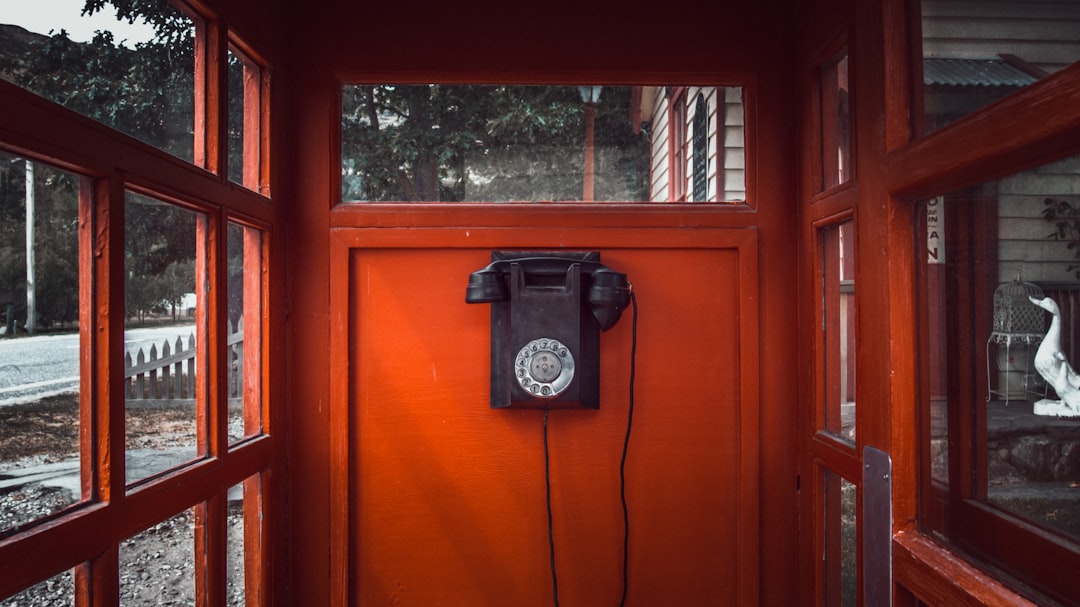Spam calls are a common problem in Virginia, but residents have legal protections under the Telephone Consumer Protection Act (TCPA) and state laws. To combat them, understand the different types of spam calls, familiarize yourself with your rights, and consider hiring specialized TCPA lawyers or joining community groups to share information and collectively block numbers. In Virginia, combining individual actions (like registering on Do Not Call lists) with collective efforts (like reporting spam to FTC) and legal expertise can significantly reduce unwanted calls. Engaging a qualified Spam Call Lawyer or firm is crucial for navigating TCPA complexities and ensuring the best outcome in your case. Local law enforcement partnership is also vital for effective spam call combat.
Tired of relentless spam calls? Learn how local networks can be your powerful ally in the fight against unwanted robocalls. This comprehensive guide explores effective strategies tailored to Virginia residents, from understanding the legal framework and different types of spam calls to practical blocking techniques and reporting options. Discover the role of community collaboration with local law enforcement and find expert legal support from a specialized Spam Call Law Firm or lawyer for TCPA Compliance in Virginia. Take control of your phone today!
Understanding Spam Calls: Types and Legal Framework in Virginia

Spam calls are a pervasive and frustrating issue for many Virginia residents. These unwanted telephone marketing messages often promote products or services, sometimes using deceptive tactics. Understanding the types of spam calls is the first step to fighting back. Common forms include sales calls, robocalls, and text message spams offering various deals or claiming to have won prizes.
Virginia has established legal frameworks to protect citizens from these intrusive practices. The Telephone Consumer Protection Act (TCPA) is a federal law that restricts telemarketers’ ability to make automated or prerecorded calls to consumers without prior consent. In Virginia, the state’s laws align with the TCPA, providing residents with additional protections and avenues for legal recourse against spam call perpetrators. Individuals who have suffered damages due to spam calls can seek legal advice from a Spam Call Law firm in Virginia or hire lawyers specializing in TCPA cases to explore their rights and options, including potential compensation for harassment and intrusion on privacy.
The Role of Local Networks in Combating Unwanted Robocalls

Local networks play a pivotal role in combating unwanted robocalls, especially in areas like Virginia where spam call laws are stringent. By leveraging community-based resources and strategies, residents can significantly reduce the number of nuisance calls they receive. One effective approach is to share information and block numbers collectively, creating a robust defense against spam callers.
In Virginia, with its strict Telephone Consumer Protection Act (TCPA) regulations, individuals have legal recourse against spam call firms. A lawyer specializing in TCPA cases can guide victims on how to stop spam calls effectively. By joining local networks or communities that focus on this issue, people can stay informed about emerging trends and tactics used by telemarketers, ensuring they are always one step ahead in the fight against spam calls.
Effective Strategies to Block and Report Spam Calls in Virginia

In Virginia, combating spam calls has become a collective effort involving individuals and legal professionals alike. One effective strategy is to utilize the state’s robust telecommunications laws, such as the Telephone Consumer Protection Act (TCPA), which provides stringent regulations against unsolicited phone marketing. Residents can register their numbers on the Do Not Call list, ensuring that they receive fewer unwanted calls. Additionally, installing reputable call-blocking apps or using Network Operations Centers (NOCs) offers enhanced protection by automatically identifying and blocking spam calls.
For those facing persistent or illegal spam calls, consulting a law firm specializing in TCPA litigation is advisable. Spam call lawyers in Virginia can guide individuals on reporting these calls to the Federal Trade Commission (FTC) and help them understand their legal rights. By working together, Virginians can create a strong defense against spam calls, ensuring a safer and more peaceful communication environment.
Choosing the Right Lawyer for TCPA Compliance in Virginia

When it comes to navigating the complex landscape of How to Stop Spam Calls Virginia, engaging the services of a qualified Spam Call Lawyer or Spam Call Law Firm in Virginia is an essential step towards achieving compliance with the TCPA (Telephone Consumer Protection Act). With strict regulations in place to protect consumers from nuisance calls, having legal expertise on your side is crucial.
In Virginia, the choice of lawyer can significantly impact the outcome of your case. Look for attorneys specializing exclusively in TCPA compliance and spam call litigation. Experience matters; opt for lawyers who have a proven track record of successfully representing clients against spam call violators. Ensure they stay updated with the latest legal developments related to How to Stop Spam Calls Virginia and have a deep understanding of the intricacies involved in such cases.
Building a Community Effort: Collaborating with Local Law Enforcement

Building a Community Effort: Collaborating with Local Law Enforcement
To effectively combat spam calls in Virginia, communities can play a significant role by joining forces with local law enforcement agencies. Many areas across Virginia have already initiated programs where residents work closely with police to identify and report spam call activities. This collaborative approach not only helps in gathering evidence but also increases public awareness about the issue. By reporting suspicious calls, community members become an essential part of the solution, enabling authorities to take targeted actions against spammers.
Local law enforcement agencies often have dedicated units or individuals specializing in telecom fraud and consumer protection cases. These experts can guide residents on legal steps to stop spam calls, such as registering with Do Not Call lists, providing detailed call records, and sharing specific patterns to identify repeat offenders. This partnership between communities and law enforcement is crucial in navigating the complex landscape of telecommunications laws, including the TCPA (Telecommunications Consumer Protection Act), ensuring that spammers face legal consequences for their actions.






